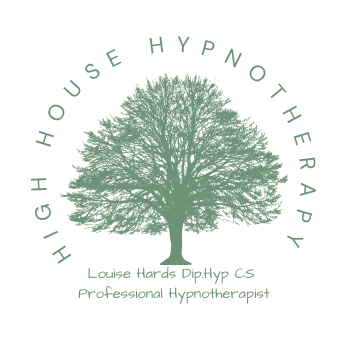Stress

Hypnotherapy is a powerful treatment for stress and anxiety. It works by helping individuals to relax and enter a state of consciousness that is different from their normal waking state.
This state of consciousness can be used to make positive changes in one’s life and to reduce feelings of stress and anxiety.
Hypnotherapy works by enabling individuals to access their unconscious mind – the part of our minds that stores and processes our thoughts, memories, and emotions. By accessing this part of the mind, individuals can gain insight into the root causes of their stress and anxiety, and work to resolve these issues.
Hypnotherapy can be used to help individuals learn relaxation techniques that can be used to mitigate the physical symptoms of stress, such as tense muscles and rapid breathing. Hypnotherapy can also help individuals to change their thought patterns, enabling them to view their stressful situations in a more positive light. Through hypnotherapy, individuals can gain control over their stress and anxiety and lead healthier, happier lives.
What is Stress?
Interestingly, the feelings of extreme unease I'm experiencing are the same physiological responses that occur during stress and anxiety. It's called the Fight or Flight response, or the Stress response. It's a survival mechanism that's hardwired into us, designed to keep us safe in the face of danger.
This response is triggered by the release of hormones like adrenaline, noradrenalin, and cholesterol. These hormones increase our heart rate, blood pressure, and respiration. They also divert blood from our digestive tract to our muscles, causing a dry mouth and a 'butterfly' feeling in the stomach.
Our adrenal glands also produce cortisol, which breaks down muscle protein to release amino acids into the bloodstream. This enables the liver to synthesize glucose for energy. Cortisol also releases fatty acids for use by the muscles.
Understanding this response can help us realize that it's normal and not harmful, even though it doesn't feel pleasant. It's important to remember that these symptoms are not the problem, but rather our body's way of responding to perceived threats.
Life today is significantly more challenging than it was 30 years ago, with an average of 44% more significant life changes encountered (Cryer, B. (1996)). It's no wonder that our stress and anxiety levels are higher.
If you're feeling the same way, remember that it's okay to seek help. You're not alone in this. Let's support each other and remind ourselves that our feelings are valid and normal.



